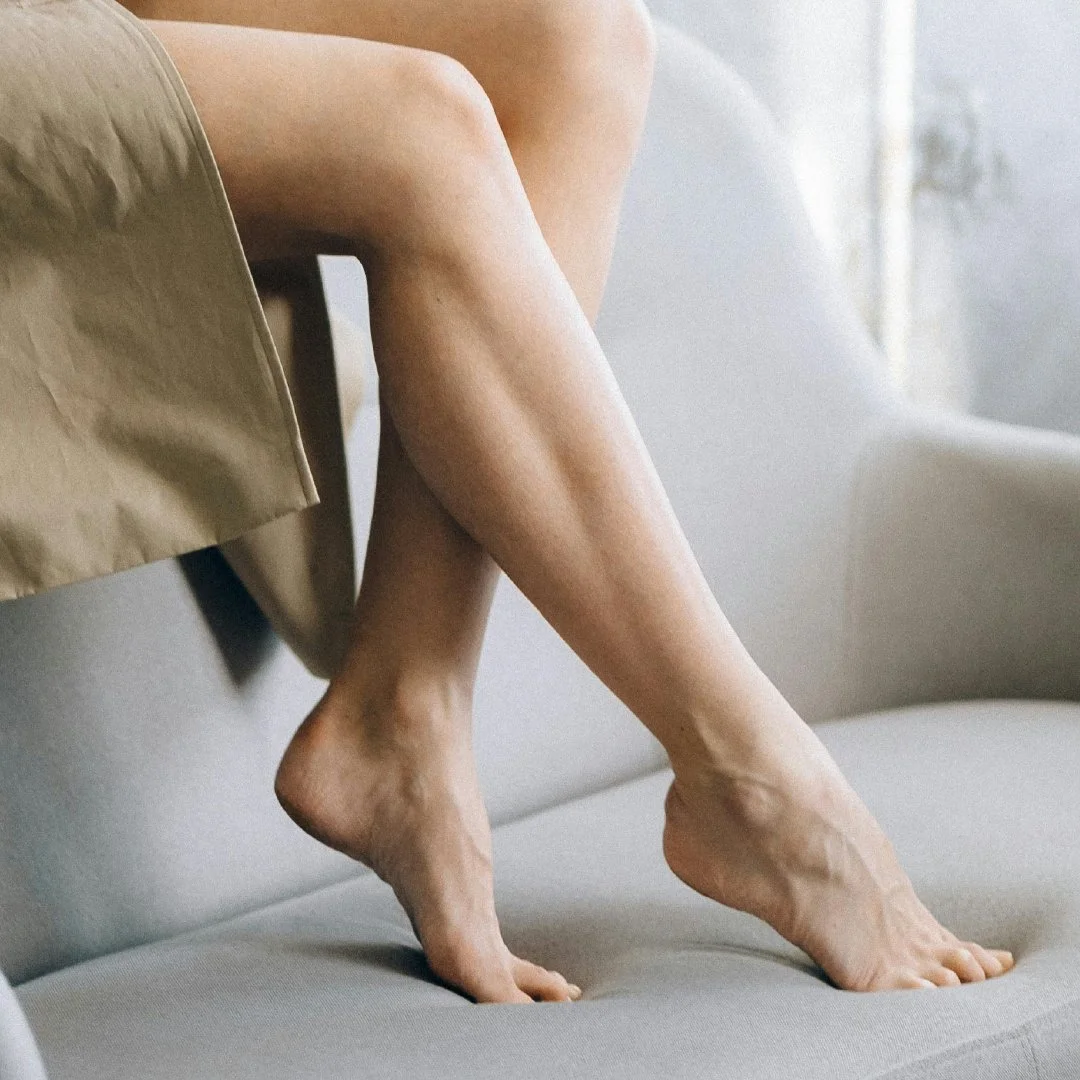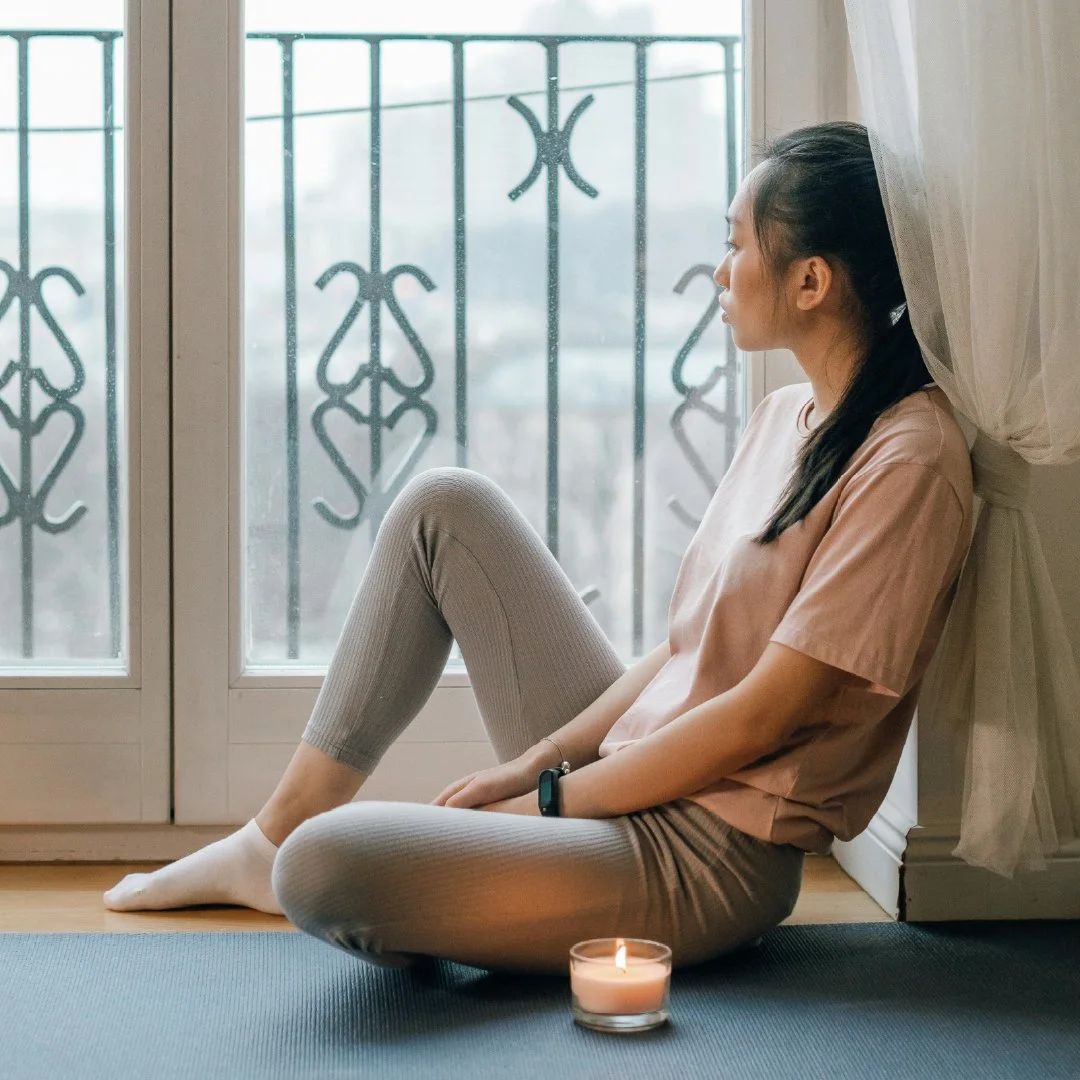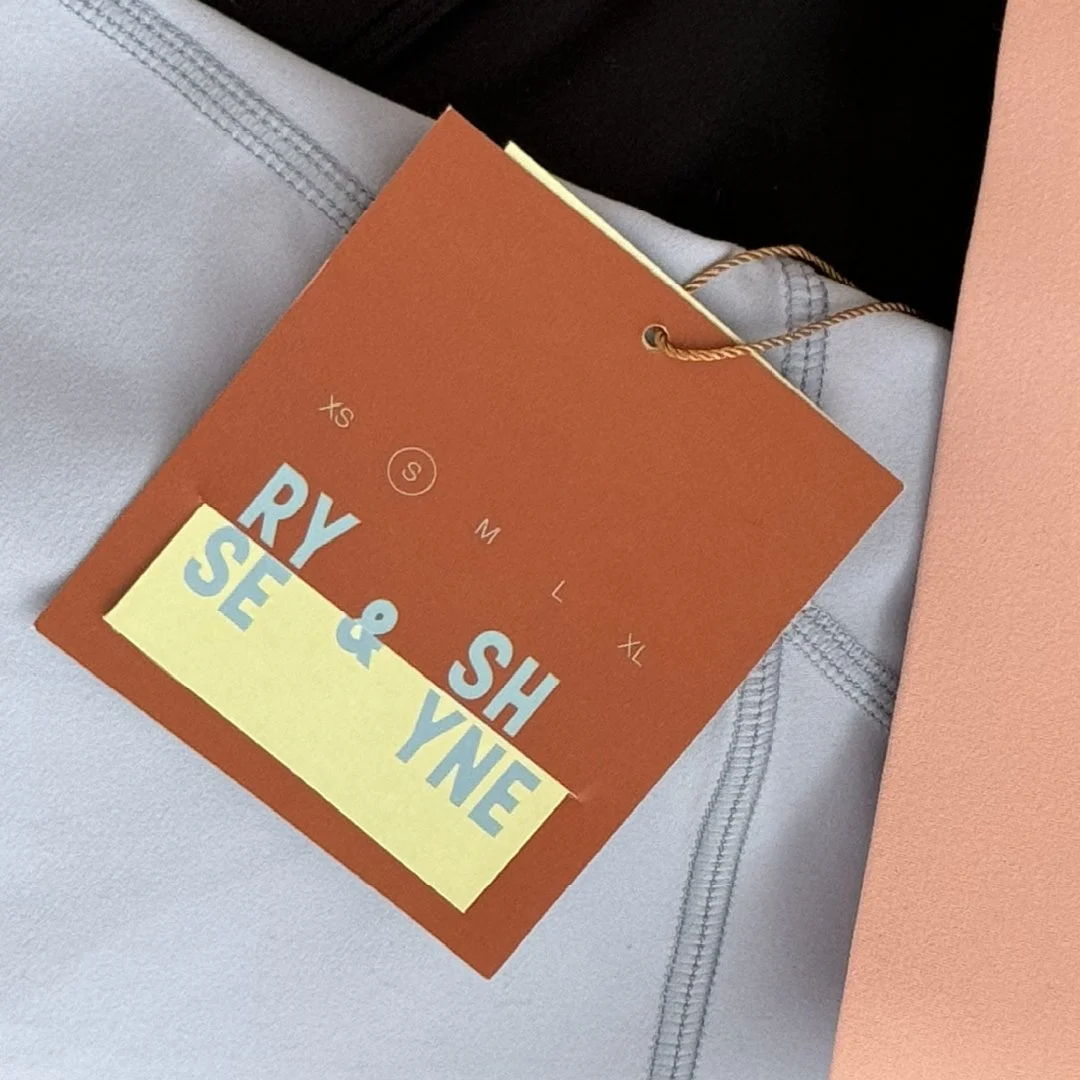Why I Keep Coming Back to Pilates
There are days when I wake up and feel the weight of simply being. It’s not sadness, exactly—more of a heaviness in my chest and a quiet protest in my body, urging me to stay still. I used to resent these moments, interpret them as weakness. My internal dialogue was a relentless drill sergeant yelling, “Push through. Do more. Always do more.” But over the years, I’ve learned that self-leadership doesn’t always look like relentless forward motion. Sometimes, it looks like honoring the pause
Why Pilates Feels Different
Pilates isn't just another workout—it’s a practice that transforms both body and mind. Unlike high-impact routines focused purely on burning calories, Pilates invites you to slow down, breathe deeply, and move with intention. This mindful, graceful approach keeps me returning week after week.
Whether you're looking to reconnect with your body, build strength, or find a moment of peace away from life's rush, Pilates meets you wherever you are.
Mindfulness and Intentional Movement
One of the most unique aspects of Pilates is how it encourages mindfulness. During a session, you aren’t simply going through the motions—you’re fully present, tuned in to your breath and your body.
Pilates allows me to slow down and feel each movement. It's not about pushing your limits to exhaustion; it’s about reconnecting with your body in a way that feels gentle, intentional, and restorative. The rhythm of breath and movement helps anchor me, making it as much a mental practice as a physical one.
Building Deep Strength
Pilates is famous for building a strong core, but there's more to it than just abs. It strengthens posture, improves balance, and fosters grace in everyday movements. With its focus on small, precise motions, Pilates targets deep muscle layers often overlooked in other workouts.
After consistent practice, I’ve noticed improvements not just in how I look but how I feel—standing taller, moving gracefully, and building a subtle but powerful confidence. Each session adds to that strength, both inside and out.
Adapting to Your Energy Levels
One of the most beautiful things about Pilates is its adaptability. Some days you might feel vibrant and fiery, ready to tackle every movement with energy. Other days, your energy might feel softer and slower. Pilates doesn’t demand you show up a certain way—it meets you where you are.
This low-impact practice delivers results without leaving your body feeling drained. No matter the level of intensity, Pilates always supports your body's needs, making it a truly balanced and flexible workout option.
Pilates as a Self-Care Ritual
For me, Pilates is more than exercise—it’s self-care. It’s an hour carved out of my day for just me. No to-do lists, no deadlines—just my breath, my movement, and the act of showing up for myself.
This ritual provides mental clarity and physical rejuvenation, helping me step away from daily chaos. That hour becomes a reset button—a reminder to prioritize my well-being and create space for peace amid the noise.
Your Sign to Try Pilates
If you’ve been curious about Pilates, consider this your sign to give it a try. It’s not about being perfect—it’s about exploring, moving, and connecting with yourself in ways you may not have before.
Drop a note if Pilates is already your go-to, or share your favorite way to move. If you’re ready to start, roll out your mat and see where this mindful practice takes you.
On those low-energy days, I remind myself of one fundamental truth: showing up for yourself doesn’t mean ignoring what your body and soul are asking for. It means listening closely and then choosing what’s needed, even if it doesn’t match the world’s expectations of productivity.
I’ve reframed “showing up” to include rest as an active choice—a vital part of self-leadership. Rest isn’t a retreat from responsibility; it’s an act of preparation and preservation. On the days I lack energy, I try to ask myself, “What truly needs my attention today, and what can wait?” Stripping things down to the essentials liberates me from the guilt of not checking every box on my to-do list.
There are rituals that have become my anchors on these slower days. First, I allow myself to move gently. If getting out of bed feels like climbing a mountain, I set the tiniest goals. Pull back the covers. Put my feet on the floor. Breathe deeply. Celebrate the small victories—they’re not so small when they carry you forward.
Next, I turn to rituals of grounding. A warm mug cupped between my hands, the heat traveling to my chest. Lighting a candle and watching the flame flicker—a reminder that even the softest glows illuminate. I might write one sentence in my journal, even if it’s something as simple as, “Today feels heavy, and that’s okay.” Creating a small moment of presence helps me feel connected to myself when everything else feels out of reach.
To combat guilt, I rely on a series of reframes. I remind myself that rest is what allows growth. Just as seeds need time to germinate beneath the soil, so do I. I lean on metaphors like these—they help me see that slowing down doesn’t mean I’ve stopped; it means I’m gathering strength. Rest is not absence; it’s sustenance.
On the hardest days, when motivation feels far away, I remind myself that gentleness is a valid form of progress. Sometimes, showing up just means listening in and honoring what the day allows. I practice asking myself, “What would it look like to support myself right now, without judgment?” When I release the pressure to perform and simply respond to my real needs, it becomes easier to navigate these moments with compassion rather than criticism.
One of the most powerful shifts I’ve made is learning to see rest as a form of self-leadership. When I allow myself to slow down, I send a message to my inner self that her worth isn’t tied to her output. It’s countercultural to reject the constant demand for productivity, but it’s also a profound act of self-compassion. True leadership isn’t about pushing your team (or yourself) beyond the breaking point. It’s about standing in the gap, recognizing needs, and ensuring sustainability.
Low-energy days have taught me the beauty of being rather than doing. These are the days when joy comes not from achievements but from small acts of care—a soft blanket, a quiet book, the sunlight dancing patterns through the curtains. It’s in these still moments that I remember I don’t have to be perfect, productive, or “on” to be enough. I’m enough simply by existing.
To anyone navigating these kinds of days, I hope you’ll offer yourself the same kindness you’d show a dear friend. Cancel the plans that feel too heavy. Move slowly, rest unapologetically, and remind yourself that this ebb is part of the flow. You don’t need to climb every mountain today. Some days, it’s enough just to love yourself at the base of it, knowing you’ll ascend when you’re ready. And in the meantime, you’re already whole—even in the stillness, even in the rest.




